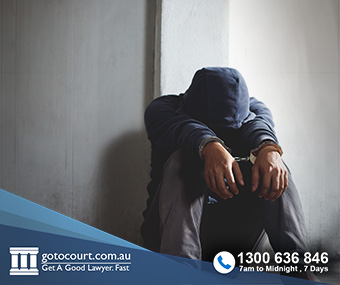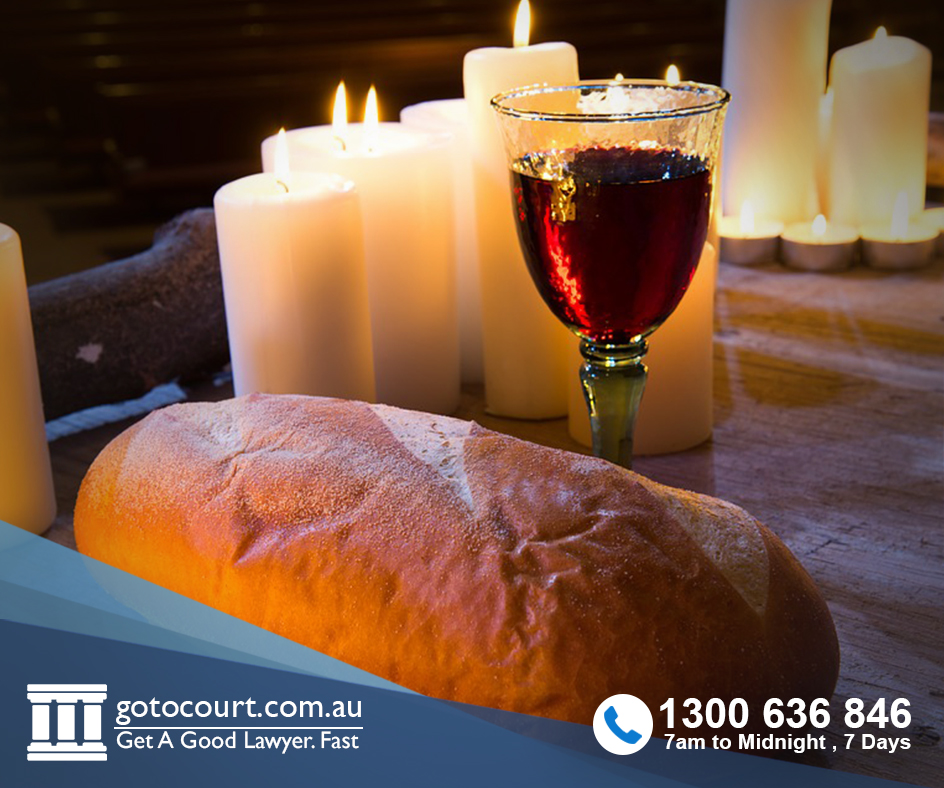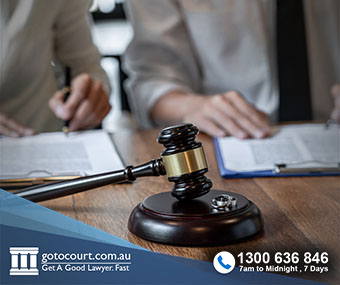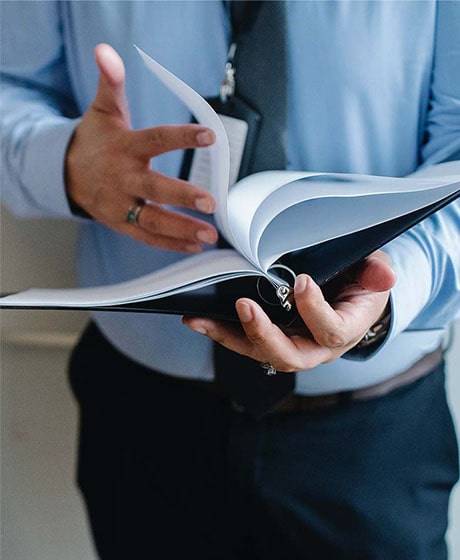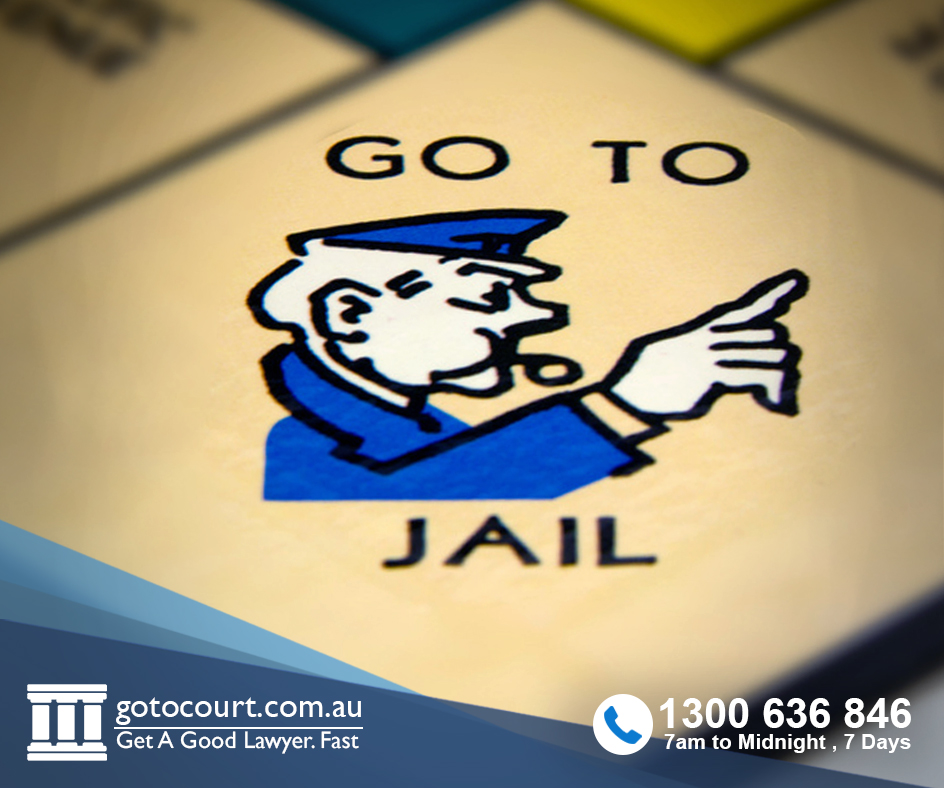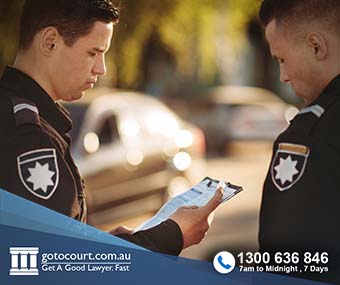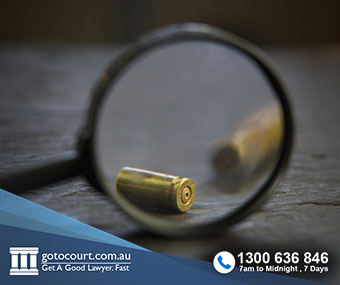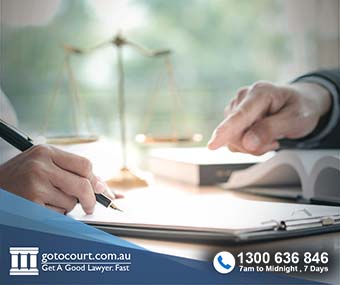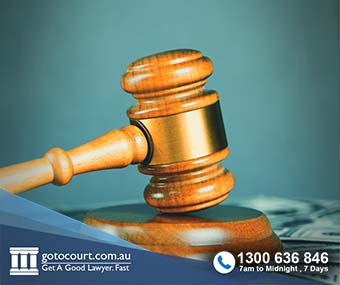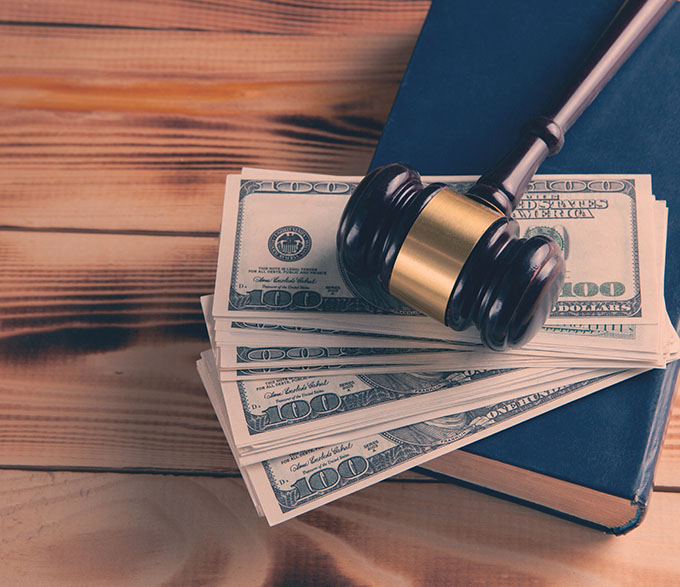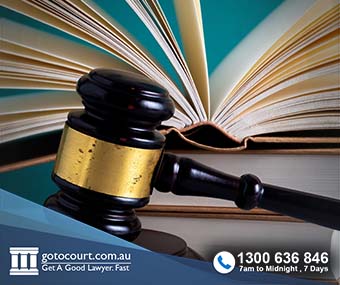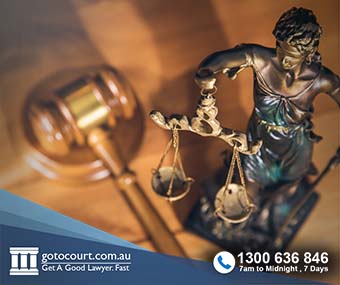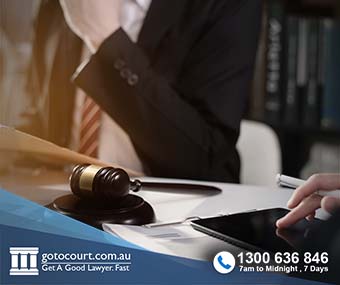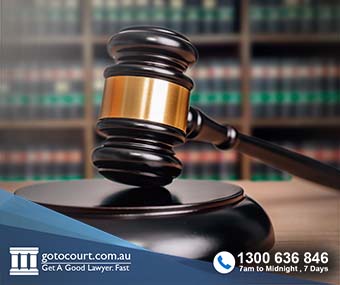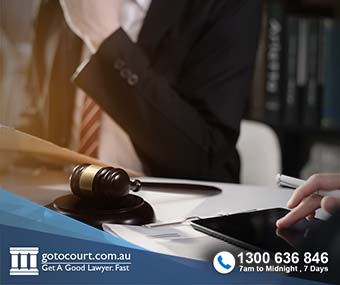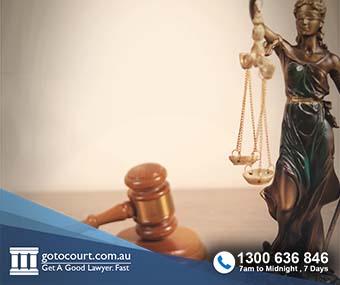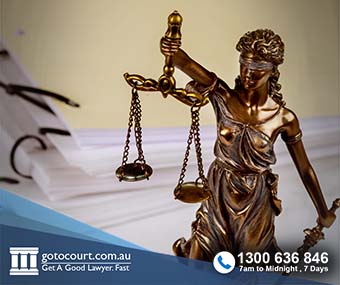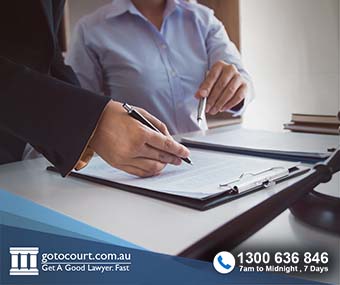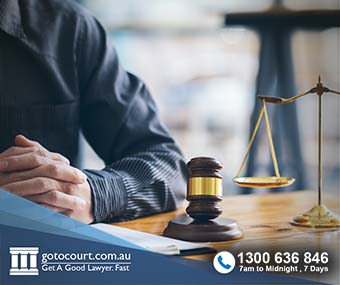Firearms Offences (NSW)
Firearms Offences (NSW)
There are various offences relating to the use and misuse of firearms in New South Wales. These are contained in the Firearms Act 1996, the Crimes Act 1900 and the Weapons Prohibition Act 1988. Firearms legislation across all Australian states was comprehensively reformed in 1996 following the Port Arthur massacre in Tasmania, in which a gunman left 35 people dead and 23 wounded. Gun laws between states and territories are now largely aligned with the National Firearms Agreement. In all Australian jurisdictions, a person must have a license to possess a firearm and all semi-automatic rifles and pump-action shotguns are banned.
Genuine reason
Under Section 12 of the Firearms Act, a person must have a genuine reason for having a firearm. The protection of persons or property is not a genuine reason. Genuine reasons for possessing firearms include being the occupier of rural land or being a current member of an approved hunting club.
Unauthorised possession or use
Under Section 7A of the Firearms Act, a person must not possess or use a firearm without a licence or permit. The maximum penalty for this offence is imprisonment for five years.
Under Section 7(1) of the Firearms Act, a person must not possess a prohibited firearm or pistol unless authorised by a permit or licence. Prohibited firearms include machine guns, sub-machine guns and self-loading or pump-action shotguns. The maximum penalty for this offence is imprisonment for 14 years.
Unregistered firearms
Under Section 36(1) of the Firearms Act, a person must not supply, acquire, possess or use a firearm that is not registered. The maximum penalty for this offence is five years imprisonment unless the firearm is a prohibited firearm or pistol in which case the maximum penalty is 14 years imprisonment.
Safekeeping of firearms
Under Section 39 of the Firearms Act, a person commits an offence if they fail to take all reasonable precautions to ensure the safekeeping of a firearm and to ensure it is not lost or stolen and that it does not come into the possession of someone who is not authorised to use it.
The maximum penalty for this offence is a fine of 20 penalty units or imprisonment for 12 months or both. If the firearm is a prohibited firearm or pistol the maximum penalty is a fine of 50 penalty units or imprisonment for two years or both.
Storage requirements
Sections 4 and 41 of the Firearms Act make it an offence for the holder of a firearms licence to fail to store the firearms according to the requirements for the firearm whenever it is not in use. The requirements for storage and the penalties for failing to comply with them vary depending on the category of firearms licence concerned.
Firearms Prohibition Orders
A Firearms Prohibited Order prohibits a person from possessing a firearm. Such an order may be made if a person is, in the opinion of the Commissioner, not fit to possess a firearm.
A person who is the subject of a Firearms Prohibition order must not acquire, possess or use a firearm. Doing so in contravention of an order is an offence punishable by a maximum penalty of five years imprisonment or 14 years imprisonment if the firearm is a prohibited firearm or a pistol.
It is also an offence to supply a person who is subject to a Firearm Prohibition Order with a firearm or for such a person to live at premises where firearms are kept. Such a person must also not, without reasonable excuse, attend a shooting range or a firearms club.
How serious are firearms offences?
The above offences can be dealt with summarily (in the Local Court) if both defence and prosecution agree to this. In the Local Court, the maximum penalty that can be imposed for a single offence is two years imprisonment.
The seriousness of a firearms offence is assessed based on the purpose for which the firearm was being used. If a firearm was used in connection with criminal activity, this will be crucial to determining the offence’s seriousness. However, courts have also held that they must enforce firearms legislation in order to ensure the regulation of firearms in the community, not only when they are used in connection with crime.
Weapons Prohibition Act
There are a number of offences relating to prohibited weapons under the Weapons Prohibition Act 1998. These include purchasing and selling prohibited weapons, advertising sale of prohibited weapons and unauthorised manufacture of prohibited weapons.
Crimes Act
The NSW Crimes Act also contains offences relating to firearms. These are more serious offences, which relate not just to breaches of the regulations but to the use of firearms to cause harm or the fear of harm.
These provisions include Section 33A, which makes it an offence to discharge a firearm with intent to cause grievous bodily harm or to discharge a firearm with intent to resist or prevent a lawful arrest. Section 93G makes it an offence to cause danger with a firearm and Section 93GA contains an offence of firing at a dwelling house or building with disregard for the safety of a person.
If you require legal advice or representation in a criminal law matter or in any other legal matter, please contact Go To Court Lawyers.

Affordable Lawyers
Our Go To Court Lawyers will assist you in all areas of law. We specialise in providing legal advice urgently – at the time when you need it most. If you need a lawyer right now, today, we can help you – no matter where you are in Australia.How It Works




1. You speak directly to a lawyer
When you call the Go To Court Legal Hotline, you will be connected directly to a lawyer, every time.

2. Get your legal situation assessed
We determine the best way forward in your legal matter, free of charge. If you want to go ahead and book a face-to-face appointment, we will connect you with a specialist in your local area.

3. We arrange everything as needed
If you want to go ahead and book a fact-to-face appointment, we will connect you with a specialist in your local area no matter where you are and even at very short notice.


